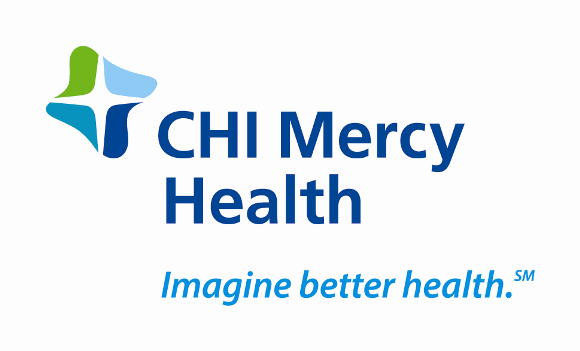
BISMARCK, N.D.(NewsDakota.com/ND Dept of Health and Human Services) – North Dakota Health and Human Services (HHS) Emergency Medical Systems Unit recognizes CHI Mercy Health Valley City as the first Acute Cardiac Ready Hospital in North Dakota.
“Aligning with the state’s mission of serving North Dakotans, CHI Mercy has worked to meet hospital standards for designation, evaluation and quality improvement,” stated Dr. Nizar Wehbi, North Dakota State Health Officer. “I would like to express my gratitude to the team members at Valley City CHI Mercy Hospital as they ensure access to high-quality cardiac care in their community.”
Alana McClellan, cardiac coordinator and emergency room manager from CHI Mercy Hospital Valley City, said, “The Acute Cardiac Ready Designation shows how hard we work to give our patients the best possible care we can offer. We worked with all the key players that help patients in a cardiac event such as dispatch, ambulance and hospital staff. We developed a quick response process for STEMI, or heart attack patients, back in 2009 but have continually updated our processes to improve.”
The criteria for the Acute Cardiac Ready Hospital designation are developed by a task force of cardiovascular health experts and based on nationally recognized clinical practice guidelines. These criteria include standards for pre-hospital care, the emergency assessment of STEMI patients, treatment, the transfer process, and performance improvement. Designated centers contribute to a state cardiac registry. The registry data is used to implement performance improvement projects with the intent to optimize patient care.
“The Acute Cardiovascular Emergency Medical System legislation has set North Dakota apart as one of the first states to designate Acute Cardiac Ready Hospitals as part of a system of integrated care. We will continue our work in establishing and maintaining a comprehensive cardiovascular system that encourages evidence-based standards of care and continuous quality improvement to improve outcomes and reduce morbidity and mortality related to cardiovascular disease,” said Christine Greff, HHS cardiac and stroke systems coordinator.
